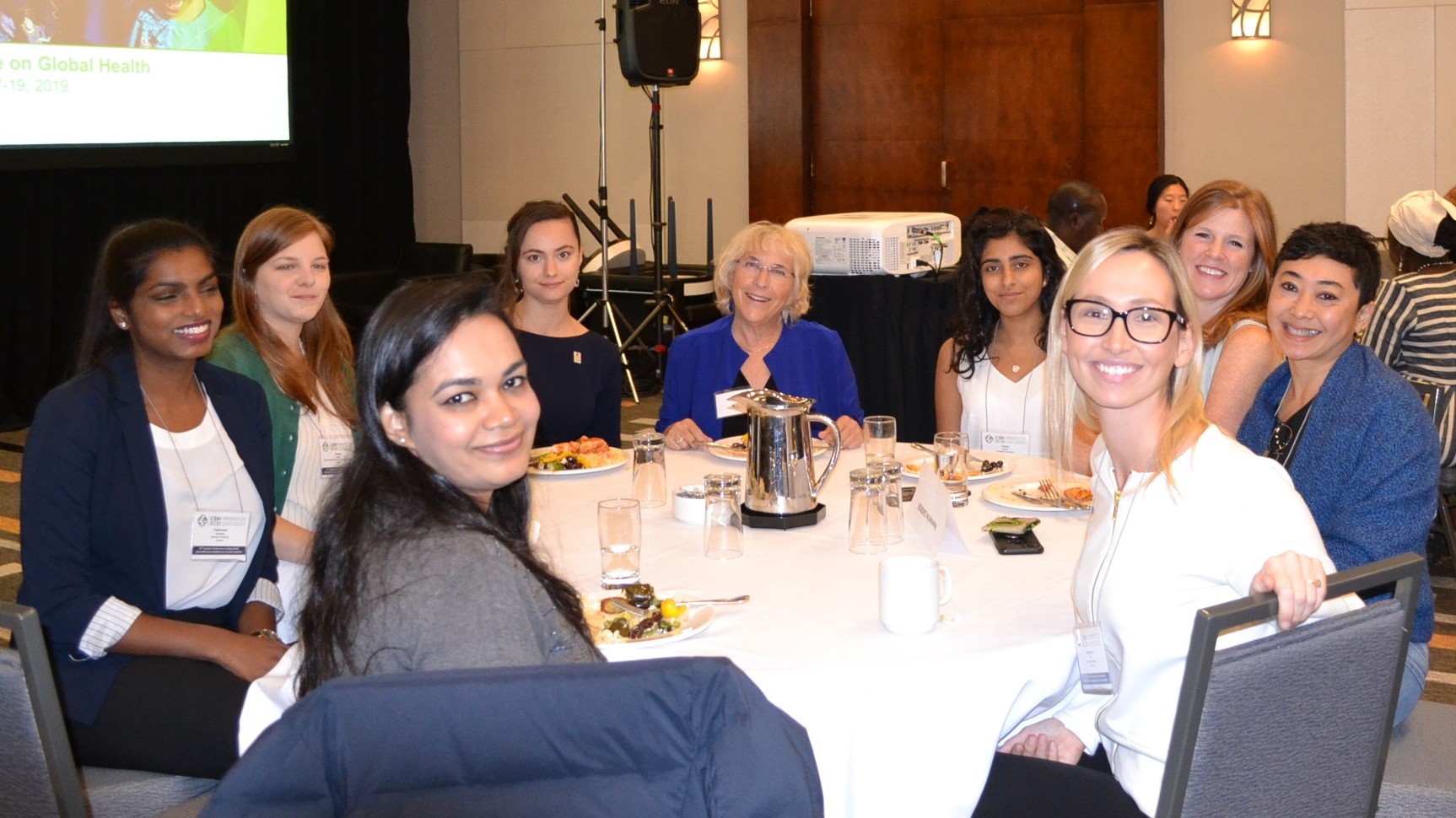In the weeks that have followed the Canadian Conference on Global Health, I found myself reflecting on many of the topics discussed among colleagues and how these important insights link to knowledge translation: how do we as a global health community move forward to enact the changes we so often discuss?
Through contemplating the overarching conference theme of ‘Governance for Global Health: Power, Politics and Justice’, I reconsidered governance and whose responsibility it is to enact such change. Before attending the conference, I had never given governance much thought, which is ironic considering the nature of my research.
My doctoral thesis employed a critical decolonizing ethnography to explore women’s experiences of gender inequities in Tanzania. Through this approach, I aimed to not only understand the ways in which inequities manifest in women’s everyday lives and how women navigate such experiences, but also to unpack how women themselves understand the concept of gender inequity. While women shared many examples of how they negotiated gender inequities, it was how they resisted them, or rather how they pushed back against the sociopolitical undercurrents perpetuating them, that really struck me.
Through engaging in dialogues relating to governance at the conference, I realized such acts of resistance, whether passive or active, are actually forms of grassroots governance. Regardless of how small a group might be, or how quiet their voice may sound, true change starts with one single action, from the ground up.
As a researcher, I have grappled with questions of how generating new knowledge actually translates to action. Can research really enact transformation?
The answer, again, comes back to grassroots governance, or rather envisioning the future of global health and recalibrating the steps to achieve such visions from the ground up. If individual women or small groups can create change within their families and communities, just think of the collective power we hold as a global community, to collaboratively work with peoples and communities to challenge injustices, reclaim rights and enact healing, both for humanity and the planet.

